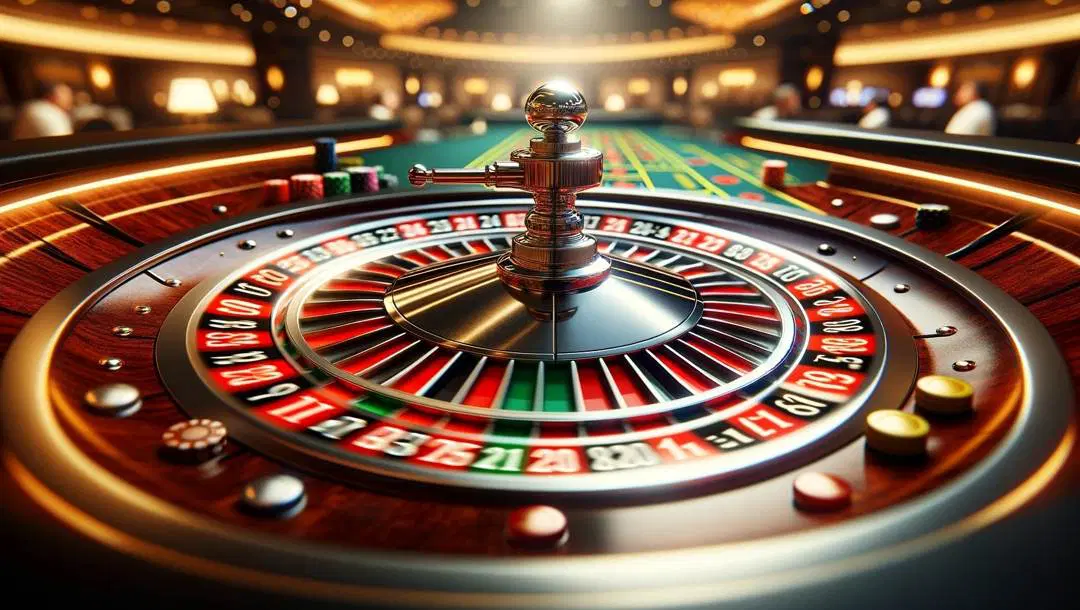The Impact of Social Influence on Roulette Decision-Making.
Economic games like the prisoner’s dilemma or trust game also involve moral judgments about either reliability or equity, and so you have to be able to anticipate your partner’s decision in order to win these kinds of games, since the outcome depends on the two players acting in mutually beneficial ways.
They were also risk-averse participants in our experiment, gambling less than half of the time in the baseline period – as reported by research on behavioural economics.
Social Influence
Social influence is an active force in decision-making, especially when it comes to health actions. The Theory of Planned Behavior holds that people will choose to exercise health behaviour if other people like it; and this reciprocity leads to higher rates of practice.
Organisations can use customer reviews, surveys, and behavior data to discover cases where Social Influence influences customers’ initial reactions and purchase decisions. They can do so by selecting products that align with recommendations or reviews from peers to deliver a richer and more enjoyable CX experience. Consent, submission or leadership could all constitute influence – or it could come in collective structures such as juries where persistent minorities have the power to shape the majority.
Social Norms
We humans are very deeply permeated by our social milieux, and socially pressured to conform to the opinions and actions of others. That’s especially true for gambling: it can lead people down potentially dangerous trajectories of bets to please or impress others, and get them off the road.
Researchers have long referred to norms as Nash equilibria or prisoner’s dilemma-style solutions to coordination problems. A norm is whenever the actions of one party impose unintended negative effects on another without that other person receiving any remedy for those effects.
This hypothesis suggests that, once people find the right norms, they can make better moral decisions. They’ve found that risk-averse norms do better than risk-seeking norms at motivating individuals to behave healthfully and financially.
Confirmatory Bias
Confirmation bias: When individuals look for, interpret and choose to believe information that confirms the beliefs they have. It’s a universal human vice; police detectives will get someone picked out in the first place and only look for something to confirm them; physicians will pick up some symptoms over others and overlook others when treating patients.
Mental biases can impact gambling behaviour for a long time. Gamblers, for example, can be vulnerable to the “Hot Hand” fallacy: the notion that a streak of winning roulette chips is a harbinger of future success, and this can set them on dangerous bet strategies, by double-ups after winning or keeping betting after losing. Getting a handle on psychological biases will help people make more informed roulette bets.
Heuristics
Heuristics are a series of generalisations that help make decisions more efficient and faster by functioning as shorthand when the amount of data or volatility is in short supply or in doubt. CEOs can employ heuristics rather than elaborate models when deciding which target customers to target with new marketing – apply simplistic criteria rather than multiple weightings to decide which projects are worth considering.
Heuristics can mitigate cognitive biases that prevent good business decision-making. For example, the gambler’s fallacy allows people to believe that new roulette hands will be like previous ones – even though they are discrete cases.
This awareness of Social Influence helps organizations develop marketing and customer experiences that make use of peer recommendation and review to create more engagement and customer loyalty. Neither TripAdvisor nor Amazon uses Social Influence by showing user reviews on product pages in an effort to garner customer trust and support made decisions.
Predictions
The most common of these cognitive biases is confirmation bias – when people are searching for information that confirms their belief while rejecting evidence to the contrary. It can be particularly powerful when gambling occurs – when numbers land on dice or roulette wheels, for example.
A second fundamental factor in roulette decision-making is the frequency-percentage effect, where people believe that sequences of frequencies ( 10 out of 100 ) give rise to certain probabilities ( 10 per cent ), when each test can in fact be independent.
Enterprises can also use social proof messaging to counter cognitive bias in customers’ choices and actions, such as benchmarking testimonial pages and influencer reviews to see which result in clicks and conversions.




